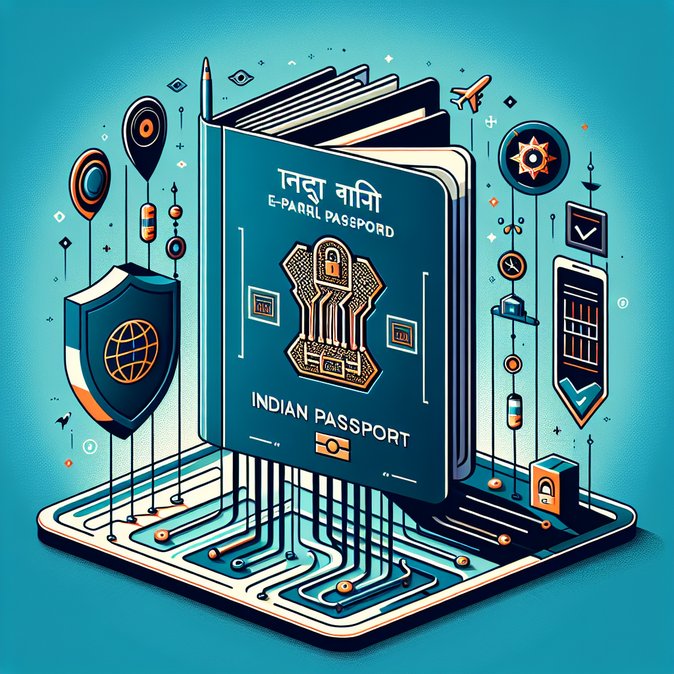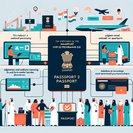
Indian nationals living and working in the United Arab Emirates finally have clarity on the government’s long-awaited transition to chip-enabled e-passports. In a statement issued in Abu Dhabi and Dubai on 30 October 2025, the Indian Embassy and Consulate General confirmed that the new passports—part of the Global Passport Seva Programme (GPSP 2.0)—will be issued from 28 October without any change in documentation, biometric capture, or service fee for applicants in the UAE.
The assurance ends weeks of speculation among the 3.5 million-strong Indian diaspora in the Gulf that additional fingerprints or iris scans might be required. Officials stressed that the embedded ICAO-compliant chip will merely store the holder’s existing demographic and photograph data, enhancing security against cloning and data tampering without altering front-end processes. From a mobility perspective, this means travel managers can continue using established passport-renewal checklists and cost estimates for UAE-based staff.
E-passports have been piloted in India since 2023, but GPSP 2.0 extends production to overseas missions and integrates a revamped online portal that lets applicants upload documents and correct minor errors digitally. For NRIs, the biggest benefit will be faster immigration e-gate clearance at high-volume hubs such as Dubai International and Abu Dhabi’s Midfield Terminal, where automated chip readers are already installed. In future phases, India plans to pair the passport chip with a global Trusted Traveller Programme, potentially shortening arrival queues at Indian airports as well.
Practical tip: companies should update their global mobility policies to recognise the e-passport’s 64-page capacity (versus the current 36) and remind travelling employees to protect the RFID-equipped cover from physical damage. No additional consent forms are required, but mobile-device “passport readers” used by some airlines may need software updates before first use.
The assurance ends weeks of speculation among the 3.5 million-strong Indian diaspora in the Gulf that additional fingerprints or iris scans might be required. Officials stressed that the embedded ICAO-compliant chip will merely store the holder’s existing demographic and photograph data, enhancing security against cloning and data tampering without altering front-end processes. From a mobility perspective, this means travel managers can continue using established passport-renewal checklists and cost estimates for UAE-based staff.
E-passports have been piloted in India since 2023, but GPSP 2.0 extends production to overseas missions and integrates a revamped online portal that lets applicants upload documents and correct minor errors digitally. For NRIs, the biggest benefit will be faster immigration e-gate clearance at high-volume hubs such as Dubai International and Abu Dhabi’s Midfield Terminal, where automated chip readers are already installed. In future phases, India plans to pair the passport chip with a global Trusted Traveller Programme, potentially shortening arrival queues at Indian airports as well.
Practical tip: companies should update their global mobility policies to recognise the e-passport’s 64-page capacity (versus the current 36) and remind travelling employees to protect the RFID-equipped cover from physical damage. No additional consent forms are required, but mobile-device “passport readers” used by some airlines may need software updates before first use.






